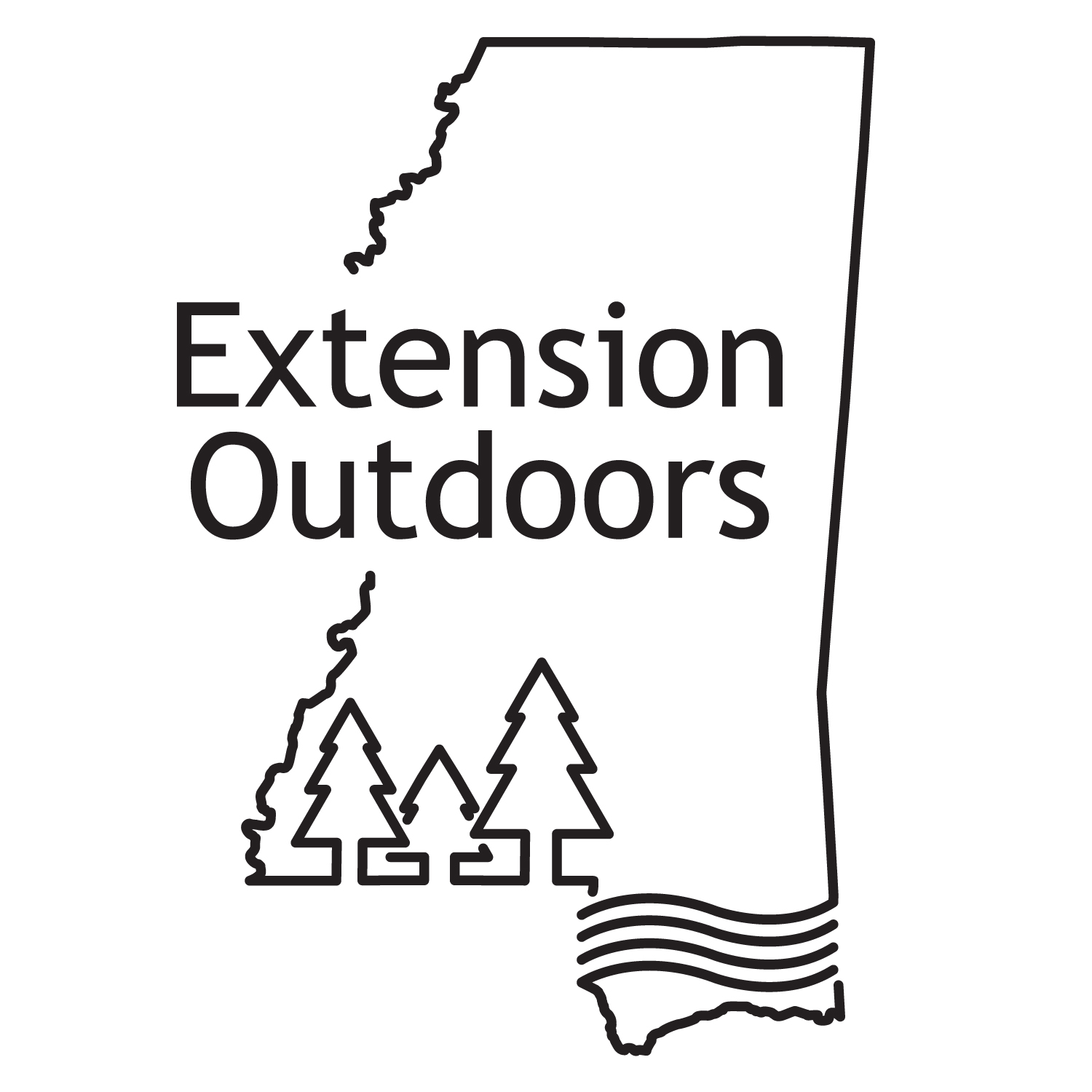Information Possibly Outdated
The information presented on this page was originally released on April 11, 2014. It may not be outdated, but please search our site for more current information. If you plan to quote or reference this information in a publication, please check with the Extension specialist or author before proceeding.
April is ideal for planting dove plots
MISSISSIPPI STATE – September and the opening of dove season are several months away, but planting food plots in spring allows plants to reach maturity before the dove hunting season begins.
Whether you’re planting dove plots for personal or business use, they need proper preparation.
“Doves really depend on a lot of foods that are in agricultural fields and in open meadow fields,” said Jeanne Jones, wildlife ecologist at Mississippi State University. “They are weak scratchers, so they need a certain amount of bare ground.”
Mourning doves are granivores, meaning they feed on grain and seeds. The greater the diversity of food in your plots, the longer the doves will stick around. Plant millet; legume seeds, such as partridge pea; vetches; sunflowers; and grain crops, such as corn and wheat.
You’ll need at least two acres of land dedicated to food plots to maximize the number of doves you can attract.
Browntop millet is a favorite choice for dove fields because it produces a lot of seeds per acre. It can be planted from April through August at a broadcast rate of 25 to 30 pounds per acre and requires about 60 days to reach maturity. It does best in sandy-loamy soils with a pH ranging from 5 to 6.5.
Determine your soil type or types and fertility needs before investing in seed. The Mississippi State University Extension Service Soil Testing Laboratory analyzes soil and makes amendment recommendations. Contact your local Extension office or visit the Soil Testing page for more information.
Be sure to leave some bare ground in your dove fields; doves need a certain amount of bare ground to be able to look for food. An alternating sequence of planted strips and disked strips will work well for mourning doves. Or you can cut or burn your food plots prior to September in order to remove the vegetation and expose the seeds and grains on the bare ground.
Mourning doves live year-round in Mississippi, but they become a particular favorite of Mississippi hunters and birdwatchers during fall and winter, when dedicated food plots produce enough seed for the birds to gather in large numbers. Dove fields can provide a supplemental source of income for small landowners, requiring as little as two to 10 acres.
The cost to prepare and manage dove food plots is roughly $700 per 10 acres but will vary greatly depending on several factors, including these:
• the type of seed you plant,
• how you manage the crop,
• whether you provide flagged stands, and
• whether you provide amenities to the hunters or bird watchers (if this is a business enterprise).
Depending on the services and amenities provided, as well as whether the hunt will be on prepared land or simply a harvested field, current prices for a half-day dove hunt in Mississippi can range from $10 to $150 per hunter.
When opening your fields to fee hunters or bird watchers, be sure to consider safety issues, federal and state regulations, quality of the field, amenities and liability issues.
These are some tips for landowners interested in opening their property to hunters and birdwatchers:
• Buy separate liability insurance or add it as a rider to an existing operation policy.
• Develop a waiver or include a release agreement to be signed by everyone who hunts or views on your property.
• Identify and inform users of any risk factors on your property, such as old well sites, downed power lines, dead trees that may fall, or other risks that could be seen as landowner negligence, before allowing access to your property.
• Remind hunters of the rules and regulations set forth by the Mississippi Department of Wildlife, Fisheries, and Parks.
For detailed information about dove plots and related business opportunities, download Publication 2335 “Mourning Dove Management for Landowners.”

Editor’s Note: Extension Outdoors is a column authored by several different experts in the Mississippi State University Extension Service.







